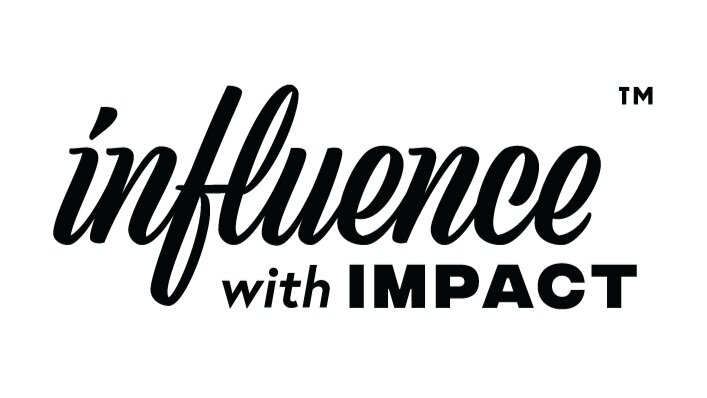Healthcare Benefits 101: The Terms You NEED to Know Today
Ah, healthcare benefits. The part in most jobs that you love to hate, but know you have to do. In fact, 67 percent of consumers describe choosing benefits as “complicated, long and stressful.”
And part of the reason why so many of us have a negative experience is because we have little to no idea what we’re actually signing up for...yet, we know it can have a major impact on our life and wellbeing.
I hear you, I’ve been there. Which is why I am dialing an expert and thrilled to be partnering with WEX to give us some clarity ahead of open enrollment seasons and for the lucky person who’s making a job switch and now facing this question during onboarding.
Let’s start with the basics. If I can leave you with anything today, here’s the healthcare benefits you need to know...in my own, simplified way:
The Highlights
Premium: the amount you pay for health insurance, usually monthly
Deductible: how much you’re responsible for paying out of your own pocket before your health insurance pays for services
Copay/Coinsurance: the dollar amount (copay) or percentage (coinsurance) you pay toward your medical bills after you get to the deductible
Consolidated Omnibus Budget Reconciliation Act (COBRA): think of it as you and your dependents’ “gap” insurance after you lose your job or experience a significant reduction of work hours; it’s usually very expensive since you’re now paying all of it from your own pocket vs. the price when your employer chips in
Types of Plans
High-deductible healthcare plan (HDHP): compared to traditional plans, this one has a higher deductible; you pay less each month, but when you need care you’re paying more out of your own pocket.
Tip: some recommend matching these with an HSA (mentioned below) as a financially savvy option in the chance that you end up with money saved for retirement!
Preferred provider organization (PPO): access to a wider network of doctors, plans that let you choose the doctors you want and need to see
Health maintenance organization (HMO): a plan with a more restricted network of doctors; you are also almost always required to see your primary doctor first for a referral to see a specialist
Consumer-directed health plan (CDHP): usually with a higher deductible, paired with a savings account like an HSA or HRA (more on these below)
Types of Benefits *Usually overlooked, but very important!
Health savings account (HSA): tax-exempt account to pay for your medical expenses, you can save what you don’t use for the future -- even retirement
Note: you are required to also have an HSA-eligible plan which is usually a CDHP or HDHP; also, check the annual contribution limits to make sure you comply
Flexible spending account (FSA): account used to cover medical expenses through one calendar year, and are usually “use it or lose it”
Note: ask your employer about special “grace” periods to continue using this money beyond the calendar year; don’t forget to check those contribution limits
Health reimbursement account (HRA): a special program where your employer reimburses you for certain medical expenses
WEX strives to simplify benefits for both employer and employee. Their mission is to empower Americans to make more informed decisions about benefits that will truly benefit their financial and physical wellbeing. FINALLY! Someone on OUR SIDE!
While WEX has been a behind-the-scenes player for some time, in a time where healthcare costs and options are rising they have turned toward speaking directly to people to ensure that we get the answers we need and make the best decision for us.
For more information and dig deeper into the topic, you can go here.
This post is sponsored by WEX, but all opinions and words are my own.


